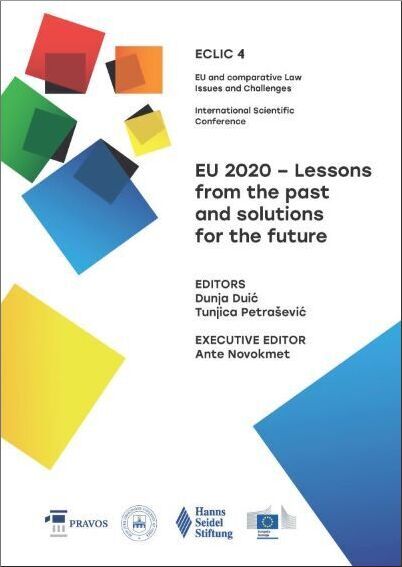ROMAN VIEWS ON ‘ACTIVE AGEING’ – LESSONS AGAINST AGEISM
DOI:
https://doi.org/10.25234/eclic/11946Abstract
Mostly due to negative demographic trends and unfavourable ratios between the inactive and active working population, prejudiced ideas against older people, that they are unproductive and redundant, are contributing to discrimination and their exclusion. Although human rights should not diminish with age, we are nowadays witnessing discriminatory practices against the older persons considering employment, social protection and access to services. The social construct of ‘ageism’, according to which older people are treated differently because of the attitudes relating to their age, is not a contemporary idea. Rather, it is a human rights issue that has existed throughout history. Examining the extremely positive and negative descriptions of elderly in ancient Roman literature, the first part of this article contains an analysis of the legal and social position of older people and, consequentially, their contribution to society. Focusing on the concept of ‘active ageing’, specifically propagated by the Article 25 of the Charter of Fundamental Rights, the second part of the paper will tackle the existing efforts of the EU in the struggle against ageism. Although Croatian national legislation is largely aligned with the European acquis, due to the large margin of discretion left to Member States, a systematic approach to care for the elderly is still lacking, not to mention its effective implementation. Finally, by exploring the experiences from the past and reflecting on the current EU policy advancements, the goal of this paper is to facilitate a vital shift from the paradigm of the old people as a burden of passive service recipients towards active participants in society.
Downloads
Published
How to Cite
Issue
Section
License
Copyright (c) 2020 Nikol Žiha, Marko Sukačić

This work is licensed under a Creative Commons Attribution-NonCommercial 4.0 International License.
Authors retain the copyright on the papers published in the Journal, but grant the right of first publication to the Journal. Papers accepted for publication or already published in ECLIC of the Faculty of Law in Osijek may be published by the author(s) in other publications only with proper notice of its previous publication in ECLIC.


